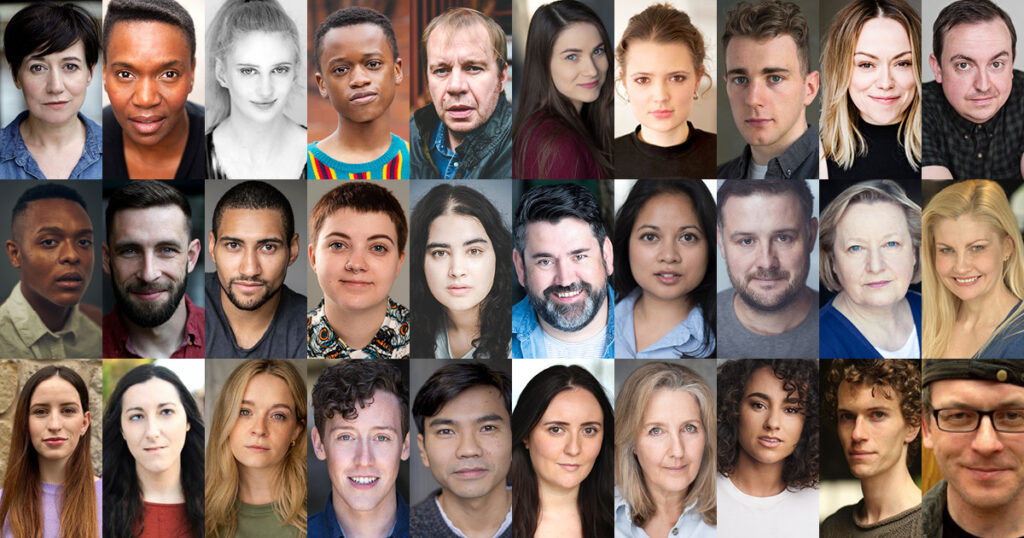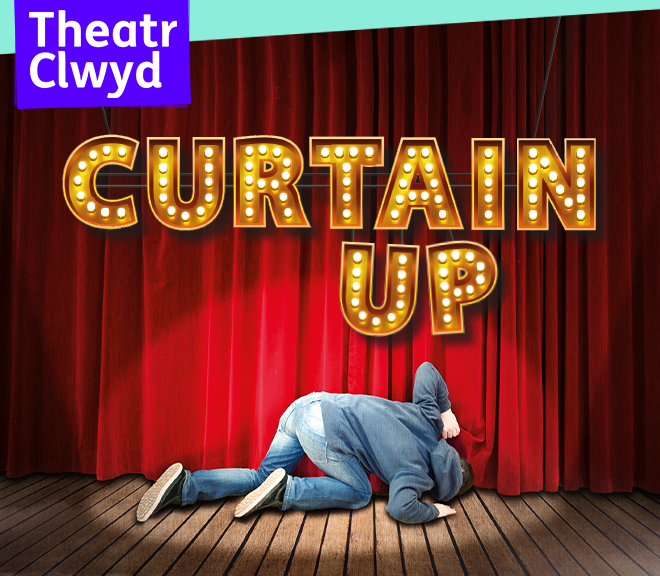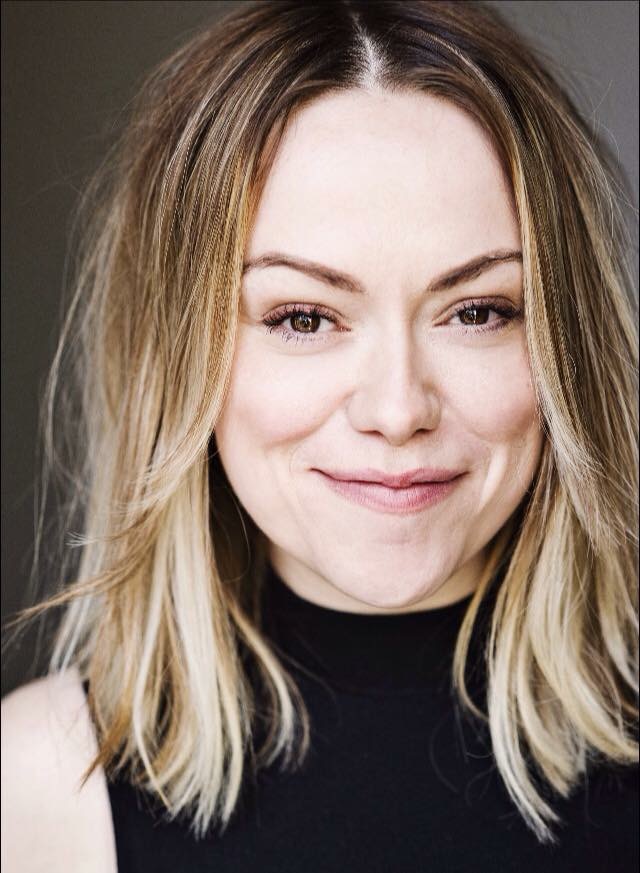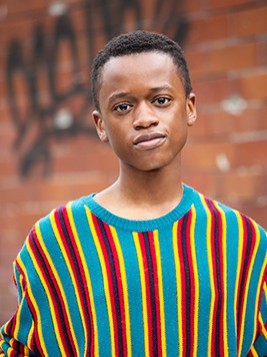 (4 / 5)
(4 / 5)
Curtain Up is a celebration. It is a celebration of creativity, imagination and Welsh talent. Over three fun-filled weeks, it has been the setting for a series of short plays that have all taken the notion of play to heart. And where better to host this menagerie of pure ingenuity than Theatr Clwyd. It has certainly delivered on its aim to make the world a happier place one moment at a time. Coming out of conversations with creative freelancers, Curtain Up has given writers the time and space to write again, actors the chance to perform on stage once more; and allowed stage managers, lighting technicians, and sound operators, to name but three, to return to what they do best. It is a reminder to all of us of the power and wonder of live theatre.

Oat Jenner’s smile said it all. It was the widest of smiles among the 10 actors taking part in the final week of plays. It seemed that he couldn’t contain his delight during both Normal Day and Seen, expressing the same euphoria felt by so many after so long. No wonder the excitement in the room was palpable. The opportunity presented to the audience at the start of the night, to choose which props would feature and who would play who, only heightened the sense of anticipation*. And with each week’s performance, the cast and crew delivered. It may not always have worked – the Cadbury’s Milk Tray in Kristian Phillips’ Trwsio: Repair was ripe for comic exploitation but came over rather dead in what was an otherwise touching story – but when it did, it produced chaos aplenty (see Sion Pritchard’s inventive use of a skipping rope in Just Another Blue Marble and the hilarious water spray face-off in In the End). Such fun.
There were moments of real depth alongside the humour. I found The Order of the Object by Lisa Parry to be a fascinating critique of both the religious and the secular; Jennifer Lunn’s Stop the Drop a deftly comic analysis of political power and influence, steeped in contemporary irony; and the symbol of a child’s pink and flowery wellington boot to be a potent symbol of subversive oppression in Alun Saunders’ Beginnings/Dechreuadau. It was left to Thieves by Mali Ann Rees to reduce me to tears, in a moving story of love, friendship and loss that was brilliantly written and wonderfully acted by Catrin Mai Edwards and Miriam O’Brien. Meanwhile, David Bower’s performance in Seen by Katherine Chandler was utterly mesmerising. What a storyteller he is, working his magic alongside Chloe Clarke in a tale of online dating, belonging, and love. And the improvisation of Sian Reese-Williams and John Carter in Life 2.0 was a masterclass, making it seem as though the prop chosen by the audience had been theirs to rehearse with all along.
To choose a favourite among this smorgasbord of 15 plays would be like picking your favourite child. They were all so very different, ranging from the virtual (The Ongoing Eternal Search for ‘Da’) to the real (Letting Go). The inclusion of the Welsh language in and amongst them was great to see, the surtitles accessible and undistracting. The way that they were weaved into Mari Izzard’s The Ongoing Eternal Search for ‘Da’ was cleverly done; and they held extra poignancy in Beginnings/Dechreuadau whilst adding superbly to the realism of Trwsio: Repair. If there was one play that really struck me though, it was Nine Point Two Minutes by Ming Ho. It shone a spotlight on some of the pressures of the healthcare system and its effect on both doctors and patients. It was so effective that the sense of injustice apparent in Ho’s narrative, pressed home through the fragility and passion of Llŷr Evans and Anita Reynolds in their roles respectively, was impossible to miss. It was but one of many highlights over the three weeks of Curtain Up.
Curtain Up has been the perfect opportunity to revisit the theatre safely again after lockdown. It has been an enjoyable pilgrimage to Theatr Clwyd every Wednesday night for the past couple of weeks for a fabulous evening of entertainment in the company of some of Wales’ finest. Its success must surely pave the way for similar shows in future, if only to continue supporting the very best in the nation’s emerging talent both on stage and off. I will miss this weekly trip to the theatre on a hill. But I am grateful to director Tamara Harvey et al for making it a return to savour. The words from Finding Your Feet by Samantha O’Rourke feel like the most fitting to end with here. They seem to sum up what has been the overwhelming response to Curtain Up from both creatives and audiences alike: “Thanks for being here. Thanks for listening. It means a lot”.
*This review is written in response to the Wednesday night performances over the production’s three-week period. Therefore, references to certain props and actors are made accordingly.

Gareth Williams




 (2 / 5)
(2 / 5)